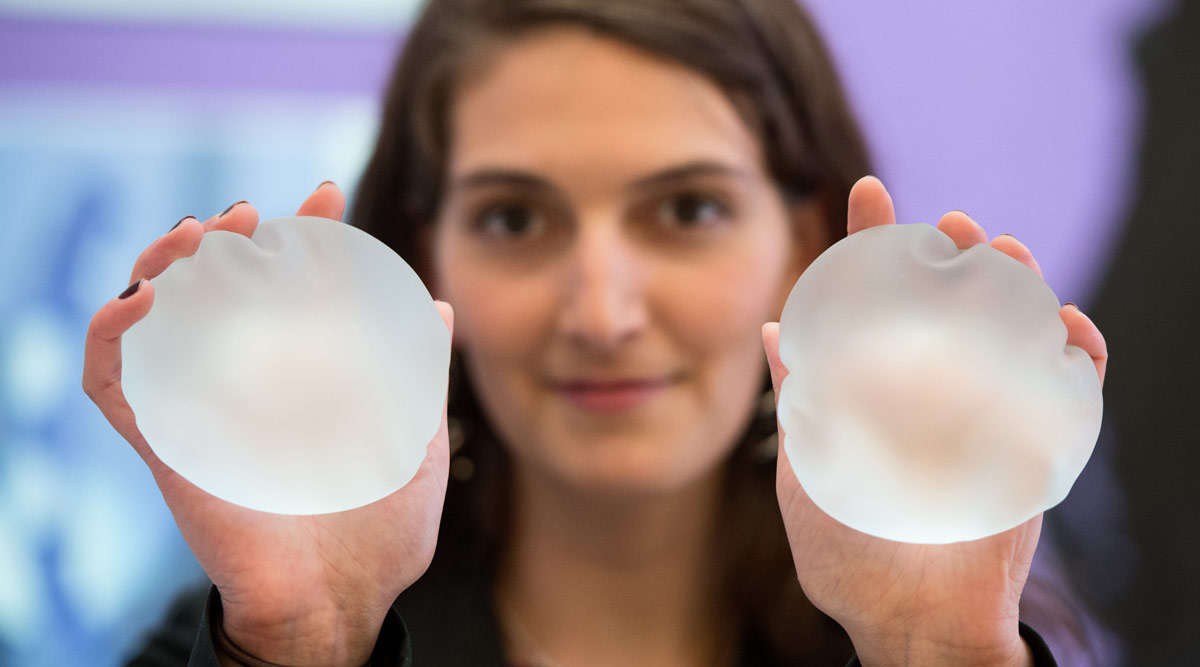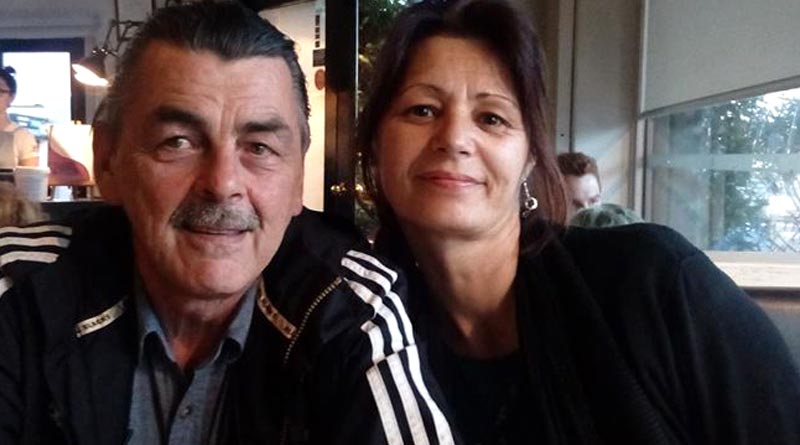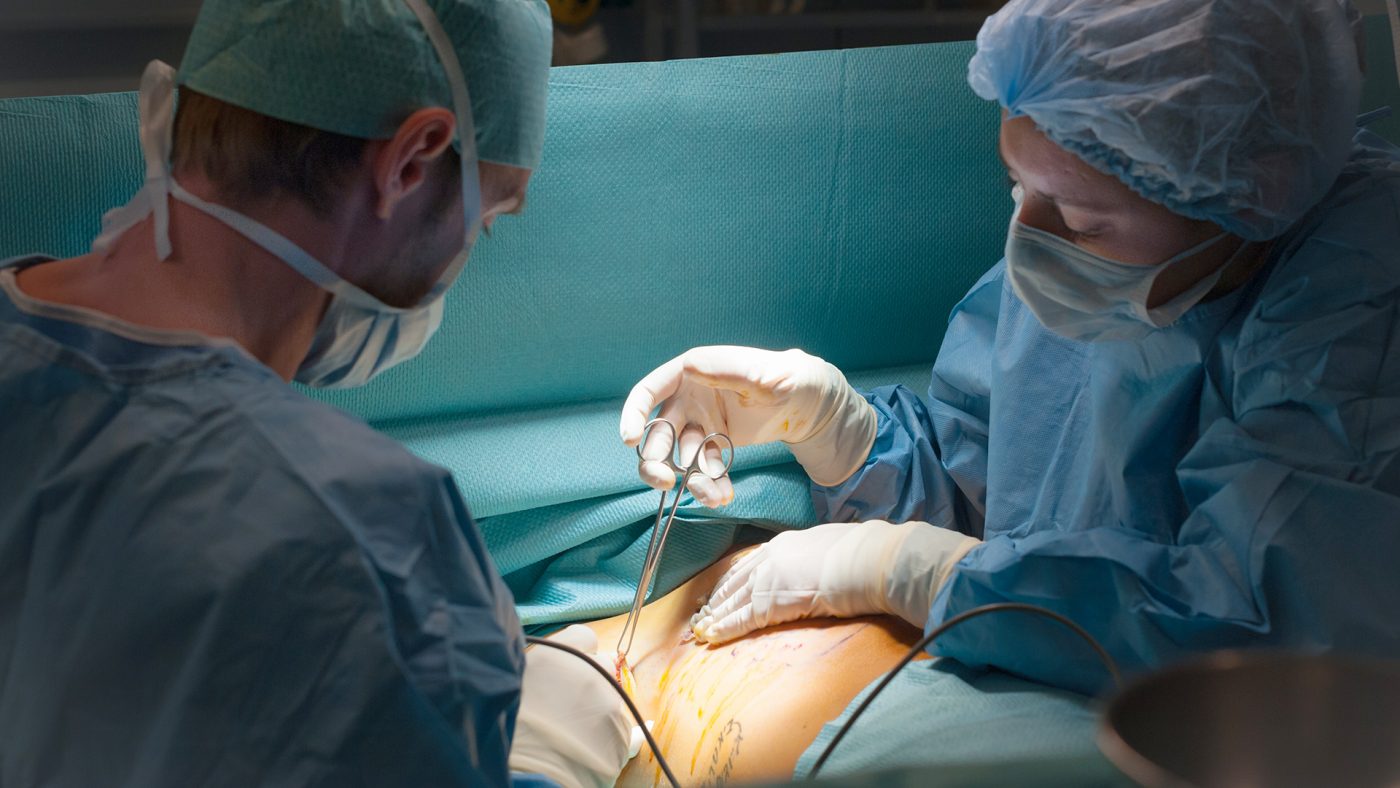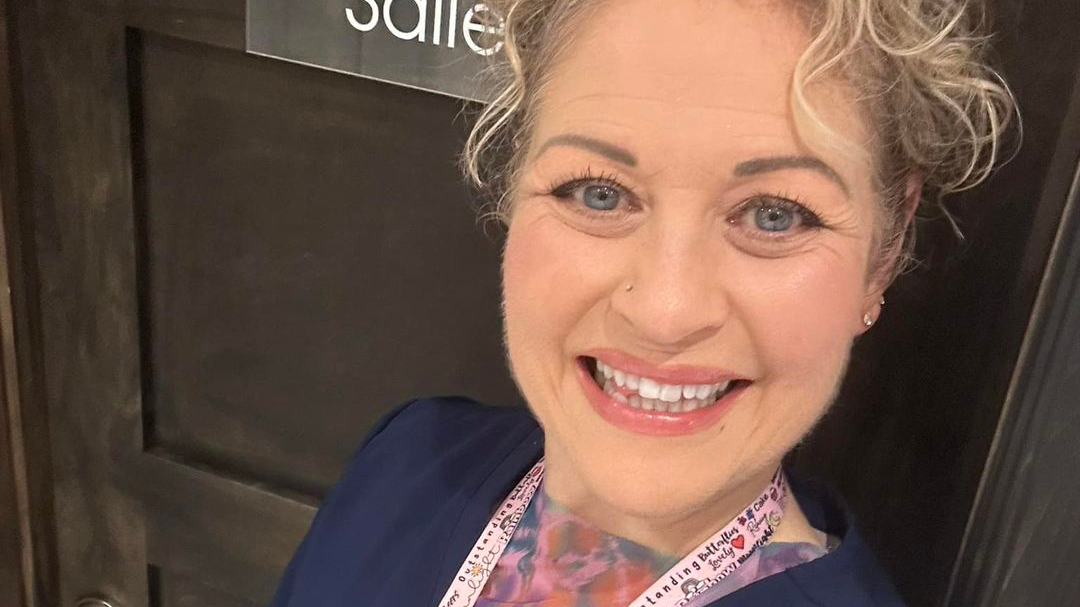Canada has become the latest country to halt the sale of textured breast implants linked to an increased risk of rare cancer, concluding that “the potential risks associated with the devices outweigh the potential benefits.”
The country’s implants regulator, Health Canada, announced the immediate suspension on May 28 of Allergan’s licenses for its Biocell breast implants – the only macro-textured implants available in that country.
“This means that no one can sell Allergan’s Biocell breast implants in Canada or import them into the country,” the regulator said in a statement, adding that the company would recall all unused stock.
Following a safety review, on April 4, Health Canada had given Allergan two weeks to justify the continued sale of the implants. The regulator deemed Allergan’s subsequent April 17 response “insufficient.”
Several countries have now effectively banned Allergan’s Biocell breast implants, citing the risk of an immune-system cancer known as anaplastic large cell lymphoma (BIA-ALCL).
Plastic surgeons had identified at least 688 cases of BIA ALCL worldwide, as of February 2019.
In the statement confirming its decision to withdraw licensing, Health Canada said it had been notified of 26 confirmed cases of BIA-ALCL in Canada, of which 22 (85%) involved Allergan’s Biocell breast implants.
Increasing awareness of the link between the implants and the disease has prompted regulators across the globe to take action. The data was uncovered in the Implant Files, an investigation published by the International Consortium of Investigative Journalists in November 2018, that showed thousands of women around the world have suffered serious health problems arising from breast implants.
The following month French licensing authorities withdrew approval for the sale of Allergan’s textured breast implants in Europe.
In recent weeks, France went further, banning all macro-textured and polyurethane implants made by six manufacturers: macro-textured Natrelle implants by Allergan; Monobloc textured implants by Arion; Silicone textured implants by SEBBIN; GFX, IMPLEO and COGEL implants by Nagor; MATRIX implants by Eurosilicone; and POLYtxt, Sublime Lime, Microthane and Diagon\Gel® 4Two implants by Polytech.
Even in countries that have not imposed outright bans, there is increasing pressure on plastic surgeons to suspend their use of such implants.
Last month the Dutch Plastic Surgery Association advised its members to suspend the use of macro-textured and polyurethane implants. This voluntary suspension came after the Dutch health minister urged the association’s chairman to call on his members to cease using them until the country’s authorities completed further research into their safety.
In a statement following its latest setback in Canada, the company insisted that “patient safety is Allergan’s highest priority”, saying that it would consider an appeal.
“Allergan continues to stand firmly behind the benefit/risk profile of its breast implant products, and the company plans to explore options to appeal this decision with Health Canada,” it said.






